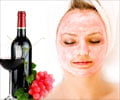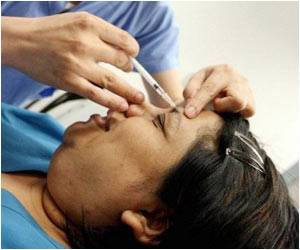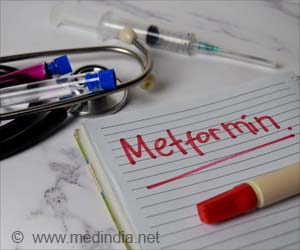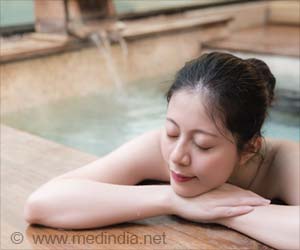The American Academy of Anti-Aging Medicine (A4M) is growing fast, and many observers are concerned.
The Academy was founded in 1993 to support research on extending life and treating age-related disease. It now claims 19,000 members in 90 countries. Membership has nearly doubled in the past five years.The American Academy of Anti-Aging Medicine, Inc. ("A4M") says it is a not-for-profit medical society dedicated to the advancement of technology to detect, prevent, and treat aging related disease and to promote research into methods to retard and optimize the human aging process. A4M is also dedicated to educating physicians, scientists, and members of the public on anti-aging issues. A4M believes that the disabilities associated with normal aging are caused by physiological dysfunction which in many cases are ameliorable to medical treatment, such that the human life span can be increased, and the quality of one's life improved as one grows chronologically older.
But the American Medical Association does not consider anti-aging an official specialty. And many say the whole field is an expensive hoax.
"There is no such thing as anti-aging medicine," huffs Jay Olshansky, a sociologist at the University of Illinois who studies medicine and longevity. "As long as humans have existed, we have always desired to live longer. Every society, every religion, every culture. Of course, they all failed at dramatic life extension."
Olshansky was slapped with a 120 million dollar defamation lawsuit by the A4M after he accused the organization of promoting quackery. He countersued and both sides eventually agreed to drop their cases.
Those who are hooked to the A4M regime take more than three dozen dietary supplements. Their diets consist mostly of "good" carbohydrates and small helpings of fish, nuts, fruits and legumes. A few weeks into the course, they claim they are experiencing the difference.
Advertisement
Some anti-aging therapies fly in the face of traditional advice, say critics. The A4M doctors talk of measuring a physiological age -- as opposed to a chronological age, but the concept is considered dubious.
Advertisement
Besides that, many patients take dozens of supplements, even though published studies have found few benefits. And then there's the aggressive use of hormone therapy. Many anti-aging doctors use a liberal definition of "hormone deficiency" in order to prescribe human growth hormone. Mainstream physicians say such treatment should generally be reserved for children with growth problems.
Whatever the objections, A4M’s personalized attention and all the pep talk is getting it more and more converts.
The 49-year-old Clothia Roussell, wife of a leading property developer, says she draws inspiration from the prophets. "I've read in the Bible how we're supposed to live to see 120, and those prophets lived to be 400 or 500 years old."
Source-Medindia
GPL/B









